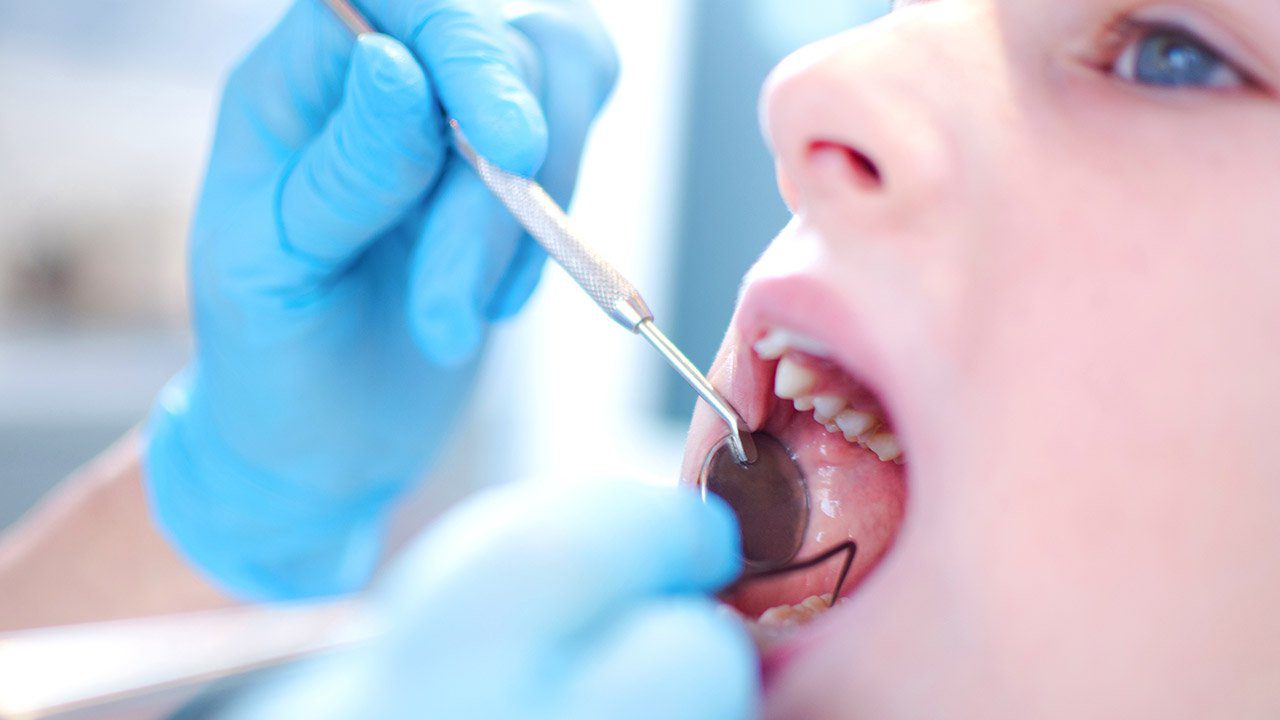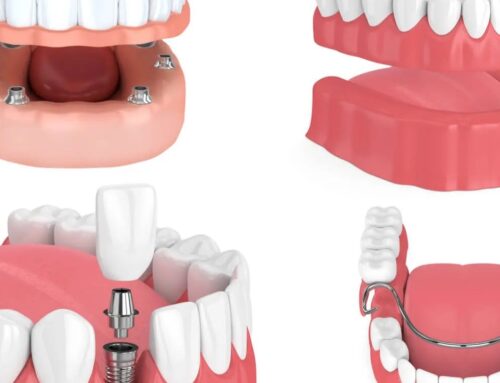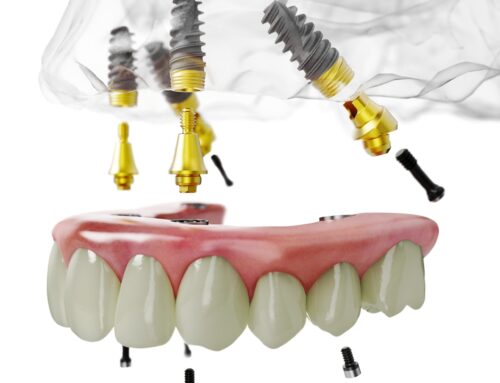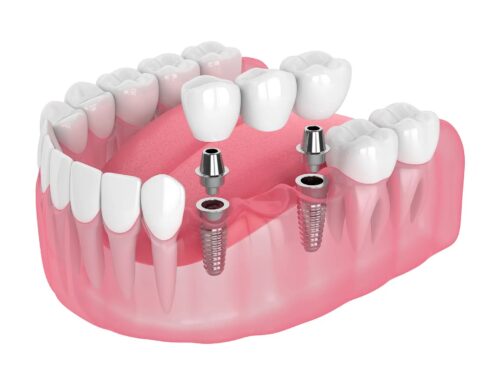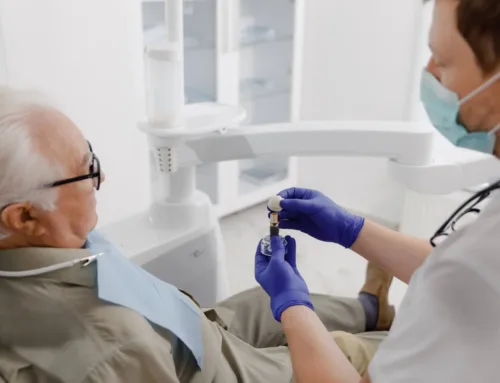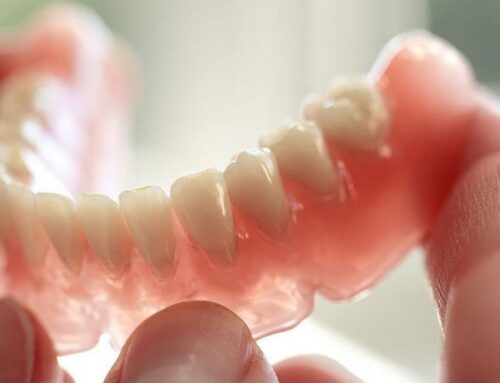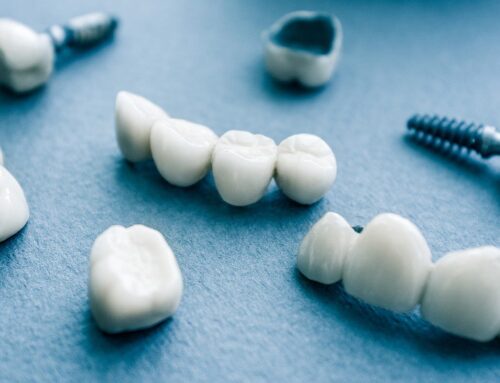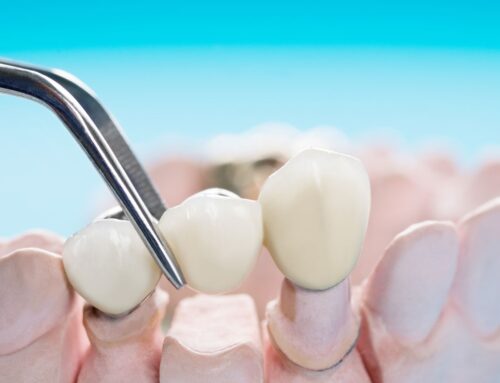Dental Implants for Teens? Here’s why it’s best to wait.
Losing a tooth is tough for anyone. It can be painful and involve multiple appointments with a dentist to rectify. It’s important to not let a missing tooth or teeth linger for too long without being replaced. Dental implants are one of the more common and popular ways to replace missing teeth but that doesn’t mean they are the best option for every patient.
For teenagers, the options to replace or fix a missing tooth are more limited than the options for adult patients. This is because their jaws and faces could still be developing, and dental implants could impact that development.
So, what does a teenager or the parent of a teenager do to fix their dental problem before it worsens? Let’s start by looking at dental implants—what are they and why are they so effective? We’ll also explore the reason why teenagers are not good candidates for this advanced procedure. Lastly, we’ll review the alternatives you might expect your dentist to present.
What are Dental Implants?
Dental implants are an alternative to dental bridges and dentures. They can replace missing teeth by supporting artificial ones. Most are made of metal, usually titanium, and are inserted into the jaw to serve in the same capacity as a root. An artificial tooth is then attached to the implant, which secures it into place.
Dental implants are a relatively painless procedure that are safe for most people to undergo. Someone in good oral health with a strong jawbone should be a good candidate. If you have an abnormal jaw, then your dentist will most likely recommend other options or perform a bone graft prior to the dental implant being inserted, this will give the jawbone more bulk making the implant feasible.
Dental Implant Procedure
To install an implant, a dentist or orthodontist will usually:
- Begin with a comprehensive oral examination. This will determine if a patient’s gums and overall oral health is conducive to treatment.
- Insert the implant beneath a patient’s gumline during the first portion of the surgery. Once completed, the tissue is stitched together to close the wound. While the tissue heals, the implant will fuse with the bone. Full recovery time is typically a few months.
- Once the tissue has completely healed, an abutment will be attached. This connects the artificial tooth to the implant. In some cases, the insertion of the implant and the abutment can be done in one appointment.
- As soon as the artificial tooth is ready, your dentist will attach it to the abutment. This might happen over the course of a few appointments.
Now that you have a better sense of what an implant is, why are teenagers discouraged from them as a solution to their missing teeth?
Teenager’s Jaw Growth
The life of a teenager is a difficult one to navigate. There are lots to contend with including an array of factors affecting their self-esteem. Missing teeth can make a teenager feel insecure and might prevent them from being social or outgoing. If not treated, they might not try out for a sport they love or audition for the play they want to be a part of. They need a solution and one that won’t cause further damage to their oral health.
Dental implants can be a bad option if the patient is too young, as teenage jaws and faces are still experiencing growth. Bone density plays a key role in dental implant success and juvenile jaws still need more time to strengthen.
As our faces develop, it undergoes several important changes that can determine one’s oral health or potential oral health issues down the road. During the late stages of jaw development, ligaments, bone and tissue that surround teeth come together and strengthen. An implanted tooth can create issues as it will remain stationary while other teeth are being moved into new positions. In some cases, the implanted tooth can recede into the gums.
Teeth attach to the bone via the periodontal ligament. This ligament is comprised of fibrils made up of collagen. Because this ligament is living, it naturally undergoes changes. A dental implant should attach to the bone biochemically via a process called osseo-integration. Think of a column being planted in concrete and over time the two elements become one. This fusion restricts movement so that the implant doesn’t place any additional stress on the jaw, mouth or other teeth.
Parents of teenagers can attest to the perception that it feels like their kids never stop growing between the ages of 12 and 18. With respect to the jawbone, it can be difficult to tell if it’s fully formed and completely developed. Only a dentist or oral surgeon can tell you this after they conduct a thorough examination. With teenagers, you can make educated guesses about their development by looking at or monitoring growth indicators like:
- Have they grown taller?
- Is their appetite increasing?
- Are they sleeping more than usual?
- Are they uncoordinated?
- Is their shoe size getting bigger?
If the answer to even one of these questions is yes, then you should probably not pursue dental implant treatment. We recommend booking an appointment to have a dental professional survey the situation and devise appropriate solutions.
Alternative Options
Since dental implants aren’t feasible for many teenagers, there are a couple of alternatives that are worth reviewing.
Dentures are artificial teeth that a patient can remove from their mouth. They are attached to a metal frame that connects to permanent teeth, filling in the gap or gaps made by missing teeth.
You can replace an entire row of teeth with full dentures or a couple of teeth with a partial denture. This is one of the more popular treatments for missing teeth as dentures are natural looking and allow patients to eat and drink whatever they want. Best of all, they allow your
mouth to be pain-free. It might seem strange for a teenager to be sporting dentures but we assure you that it is common and no one will ever know.
You can take care of your dentures the same way you would your teeth. You brush, floss and perform any oral hygiene treatments that you normally would. Additionally, you don’t need extra dentist appointments.
Bridges are the other option that most dentists will recommend to a teenaged patient. They literally bridge the gap between missing teeth. Bridges consist of one or more artificial teeth that are attached to crowns. They look natural and won’t inhibit someone from eating, drinking, playing sports or smiling.
If you are a teenager or the parent of a teenager, then the first thing you should ask a dentist is whether dental implants are a possibility. If not, then review whether dentures or bridges are a treatment best suited for your budget and lifestyle. These solutions do come with some complications so make sure you understand every aspect before signing up.
Remember, these might only be temporary solutions until you undergo a more permanent treatment.
Book an Appointment Today!
If you or your teenaged child need to replace a missing tooth, then take advantage of our free, no-obligation dental implant consultation. We will assess your situation; answer any questions you might have and determine what treatment makes the most sense for you.
Our goal is to always get your smile in style!
Appointment Request
If you’re interested in any of our procedures, and would like to meet with one of our dentists to discuss options, costs and get additional information, complete this short form and we’ll give you a call to arrange for a no-obligation appointment at our Barrie clinic.
